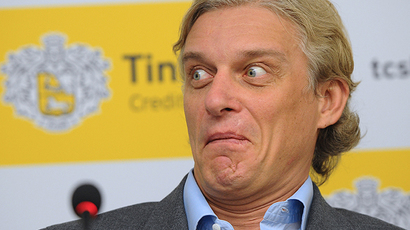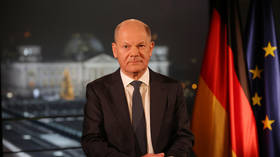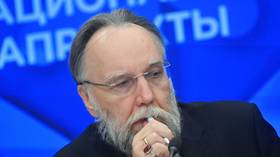Russian authorities cracking down on extortionate payday loans
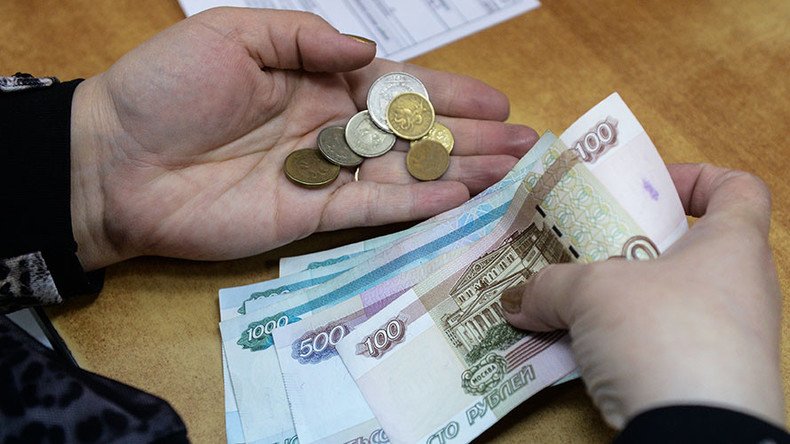
Small payday loans have become very popular among low-income Russians, and are often the only way some can make it to the next wage packet. But exorbitant interest rates have prompted authorities to curb the market.
When someone needs a hundred dollars for a few days before he gets paid, there is a strong possibility he will not bother going to a bank. If friends can't help, he's likely to approach money lenders.
Payday loans in Russia are usually given for no longer than a month. The amounts are rarely more than 30,000 rubles (about $500), however returning it on time can prove difficult.
The money lenders typically charge 600 percent annual interest. This means a borrower owes $750 on a $500 loan at the end of the month.
This forces the needy borrower to take out more loans to pay off the debt. And in this vicious cycle, they pay 600 to 800 percent interest rate per year.
Russian President Vladimir Putin has attacked the practice, comparing the money lenders to the old pawnbroker woman in Fyodor Dostoevsky’s Crime and Punishment. In the book, the antagonist kills the woman in despair to pay off the debt.
Russia introduced a law at the beginning of the year which limits the interest to 300 percent of the principal amount. This means, on a $100 loan, the maximum sum one would pay would be $400. Penalties could only be applied to the due part of the loan, according to the law.
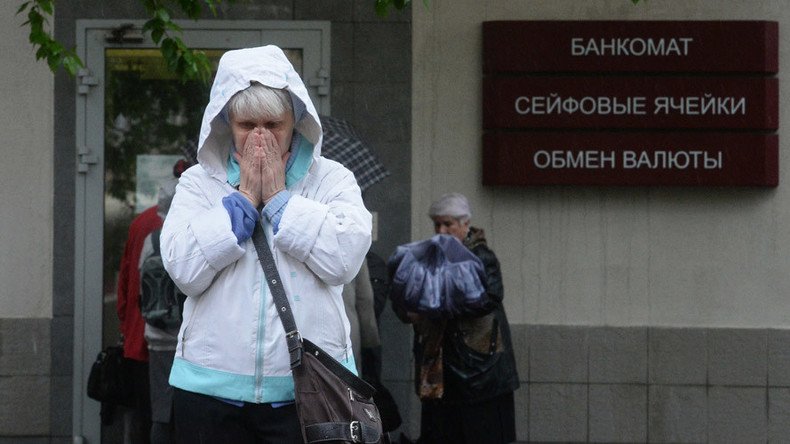
Deputies in the Russian State Duma argue that this is not enough. A group, led by a Chairman of the State Duma Committee on Financial Markets Anatoly Aksakov, is pushing for stricter rules for money lending.
“We propose to slash the maximum rate to 150 percent. This means citizens will owe less money, and lenders will not give loans so easily,” he said in an interview to Novaya Gazeta.
Payday lenders have complained that if the law is adopted, it will force law-abiding companies to leave the market. They also warn people will be compelled to turn to the black market to borrow money, as banks usually refuse to work with the segment.
The Governor of the Central Bank of Russia Elvira Nabiullina argues against the full elimination of the microcredit market.
"The need for loans before payday will not go anywhere, and people will fall into the hands of illegal ‘loan sharks’ who are not regulated by the central bank," she said in June.
As the collateral-free loans with draconian interest rates lead only to growth in indebtedness, they should be banned, says analyst Sergey Selyanin.
“The problems of poor people who are in a difficult situation can’t be solved by expensive loans. On the contrary, they just exacerbate the situation,” he told Vzglyad daily.
Another problem is that Russians have abysmal knowledge about borrowing institutions, and need proper education. There have been cases when borrowers didn’t even know they had to pay interest, says deputy general director at Expert RA Pavel Samiev.
Officials advise borrowers to read the contract carefully, as money lenders use small print to hide fees and penalties. Russia’s largest search engine Yandex and the central bank have agreed to cooperate in this area. Yandex will specify trusted and verified lenders in search results with a green check mark.
